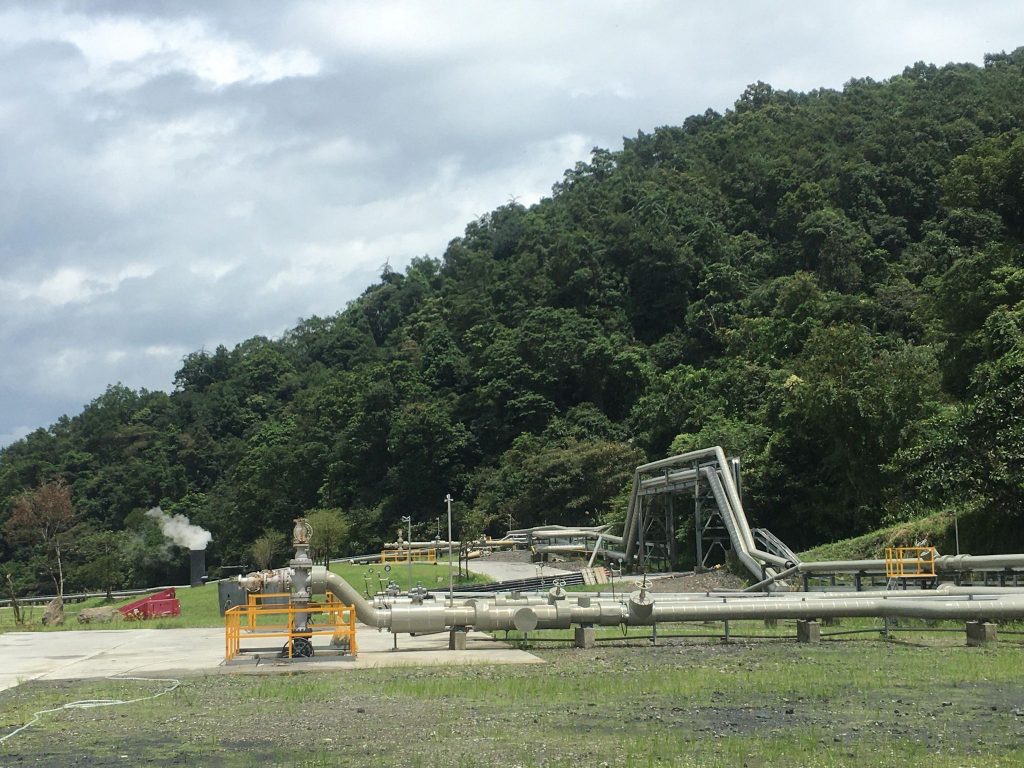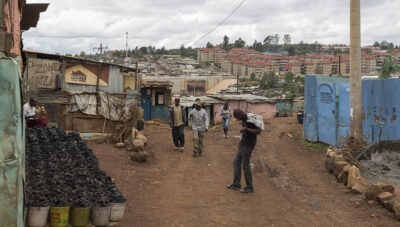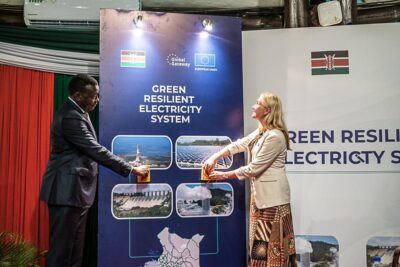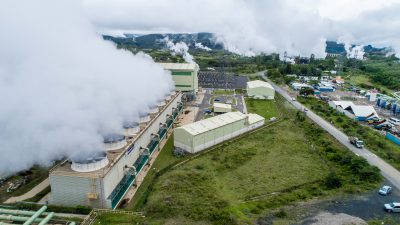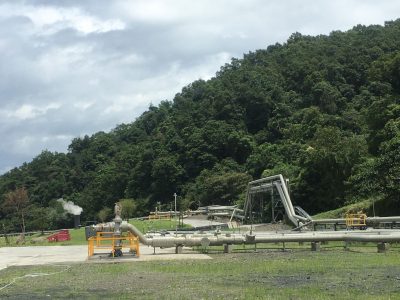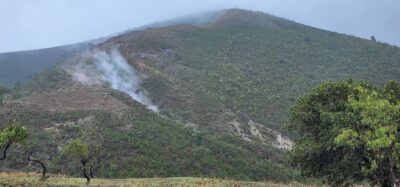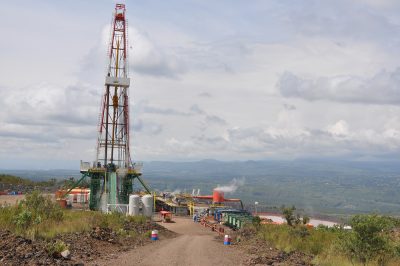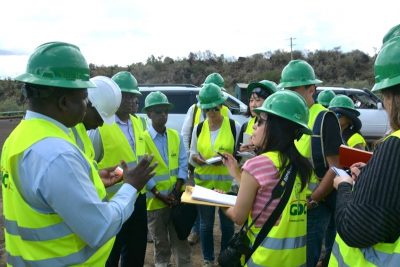Taiwan publishes new geothermal project development policy
Taiwan has implemented a new regulation on geothermal exploration and development, providing the framework for the application and permitting process.
The Government of Taiwan via the Ministry of Economic Affairs has officially implemented the new “Geothermal Exploration and Development Permit and Management Regulation.” The new law, which came into effect on the 13th of May, provides the regulatory framework for geothermal exploration and development permitting.
The new regulations provides definitive guidelines for various aspects of geothermal exploration and development including the following:
- Qualifications for applicants for geothermal exploration licenses;
- Standard documents and requirements for application for geothermal exploration, including an exploration plan;
- A standard minimum distance of 500 meters between well bodies (based on orthogonal projection to the surface) and power generation equipment, and other well bodies. Should this not be the case, a plan for mitigation measures must be provided for review by a competent authority;
- Qualifications for applicants for geothermal development licenses;
- Standard documents and requirements for application for geothermal exploration, including an exploration plan;
- The selection process and qualifications for the committee members that will review license applications.
The implementation of the new regulation is a positive sign for the emerging geothermal sector of Taiwan. During the recent Taiwan International Geothermal Conference, Deputy Economy Minister Tseng Wen-sheng stated that geothermal is a key component in the country’s Net Zero 2050 goals. The Minister also reiterated Taiwan’s ambitious goals of building 20 MW of installed geothermal power capacity by 2025 and scaling this up to 200 MW by 2030 and 2 GW by 2040.
Source: Rootlaw.com.tw and Claire Lai via LinkedIn
